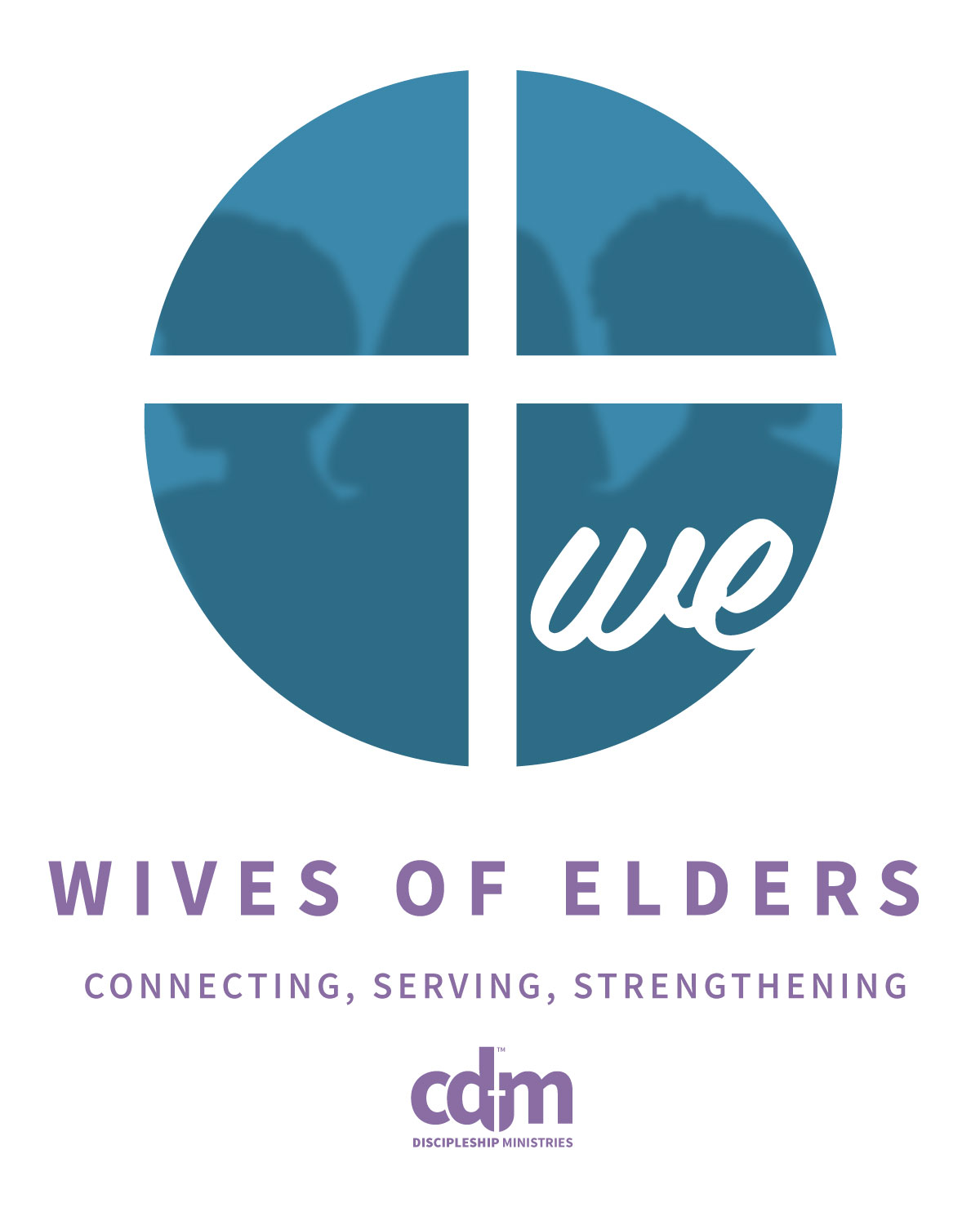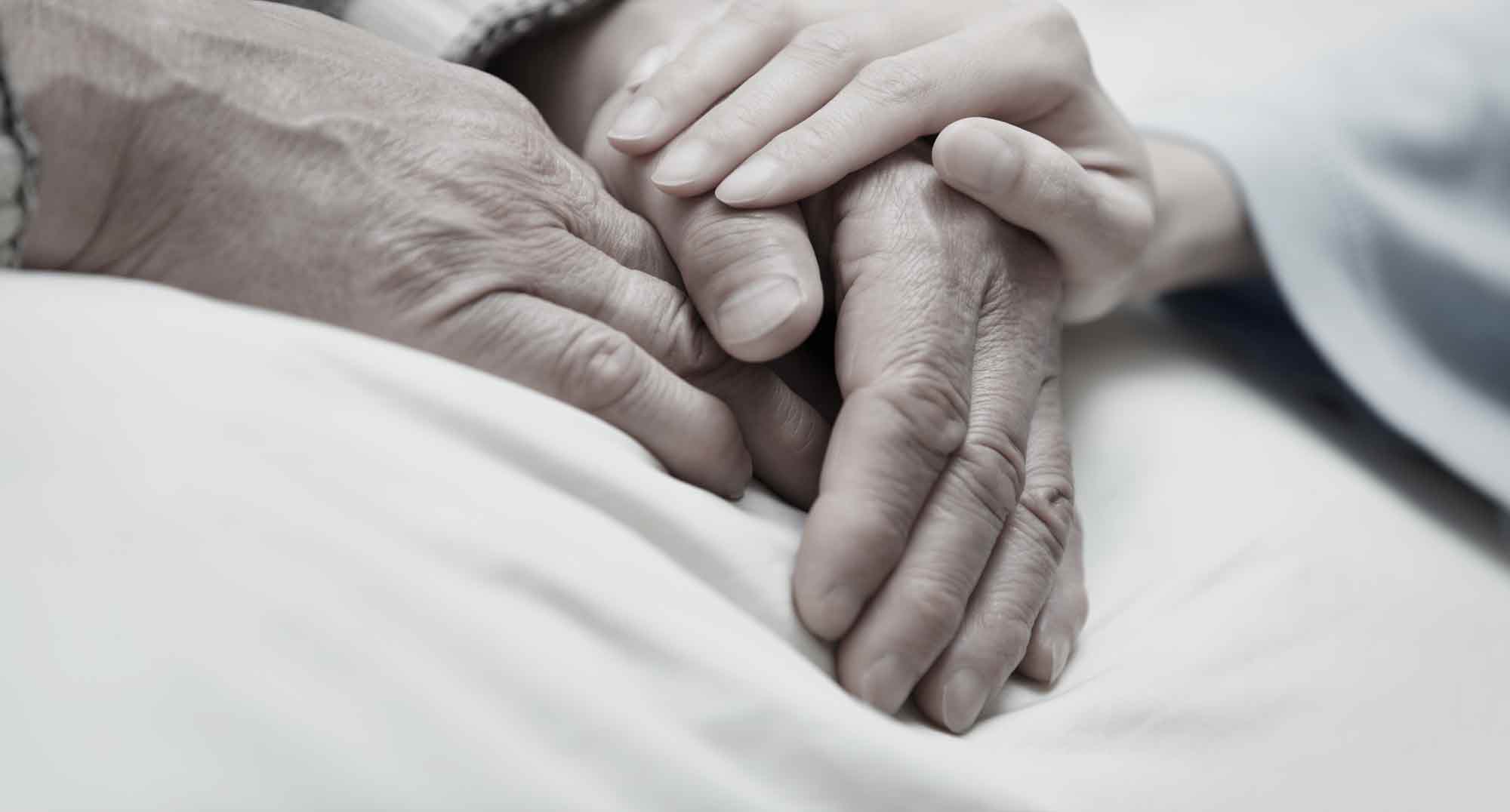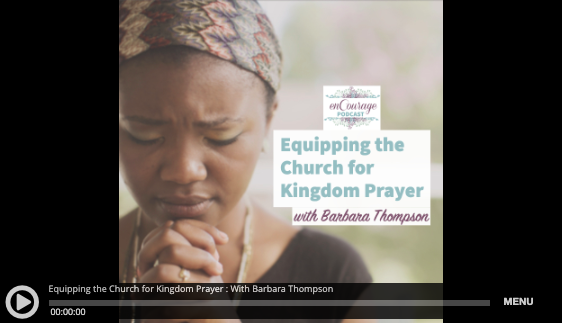Labor Day for Caregivers
STEPHANIE HUBACH|CONTRIBUTOR Most of us think about Labor Day as a day for eating hot dogs and hamburgers, getting that last taste of fresh farmstand produce, and signifying the beginning-of-the end of summer. Where I grew up in Maryland, it also represented the last day of childhood freedom before the new school year began. The actual history of Labor Day, however, harkens back to the late nineteenth century, when organized labor groups sought recognition for the work of laborers in society during the Industrial Revolution. Today, I’d like to honor a group of laborers who are as diverse and disconnected as can be imagined, and yet contribute significantly to the health and well-being of society: caregivers. When we think of labor, our minds tend to gravitate to manual labor and workers who receive wages in the marketplace in exchange for their efforts. But there is an entire army of laborers who care for people who lack the ability to care for themselves. Caregiving is a voluntary role, borne out of the need for assistance. This care can include physical care, emotional care, spiritual care, financial care, and logistical supports. Caregivers may care for young children, people with disabilities, people with chronic illnesses, or the elderly. In other words, caregivers are the unsung heroes and the unpaid labor force of the family economic system...







